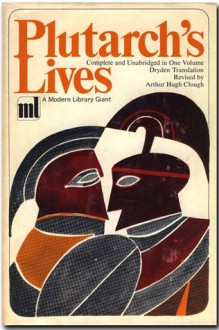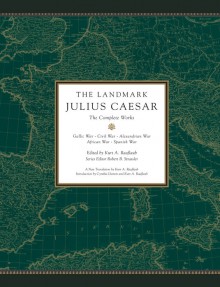
Augustus might have established the Principate, but it was up to his successors to continue it and prevent Rome from once against descending into civil war. Tacitus in The Annals of Imperial Rome, the reigns of the Caesars from Tiberius to the death of Nero which would lead to the events in the writer’s The Histories.
The work begins with Tacitus reviewing the reign of Augustus and how Tiberius became his successor, over his more popular nephew Germanicus whose side of the family would eventual rule. Tiberius shrewdly attempts to be modest in claiming the Imperial title, but this hides his dark nature that he developed during his self-imposed exile before becoming Augustus’ heir. Under Tiberius is when the show trials and political persecutions of leading men that would begin that would become notorious under later Emperors. The middle and the very end of Tiberius’ reign, all of Gaius (Caligula)’s reign, and the first half of Claudius’ reign have been lost. Tacitus’ work picks up with how Claudius’ wife Messalina was brought down and his niece Agrippina shrewdly manipulating her way into marriage with her uncle so as to get her son, the future Nero, to become Emperor. Though the show trials and political persecutions continue, Claudius doesn’t instigate them and attempts to be lenient for those being wrongly convicted. Yet once Nero becomes an adult and Claudius’ son Britannicus still a child, Claudius’ days are numbered. Once his great-uncle and adoptive father is dead, Nero assumes the leadership and begins consolidating power including poisoning Britannicus at dinner one night. Though his mother Agrippina attempts to influence him, Nero humors her while attempting to get rid of her and finally succeeding. Though taught and tutored by the renowned Seneca, Nero has learned to rule in the guise of Tiberius yet with the ruthlessness of Gaius and soon anyone that offended him or could have been a threat to him or perceived to be by his hangers on. Though the end of Nero’s reign is missing, the trials and murders of senators were increasing in number to the point that later as mentioned in The Histories they decided to turn on Nero and proclaim Galba.
The unfortunate incompleteness of Tacitus’ work does not diminish the great historical account that it presents of early Imperial history as well as his critique of the Roman aristocracy during the reigns of Augustus’ Julio-Claudian successors. Though we know his opinions of Tiberius and Nero the best since their reigns survived the best, Tacitus critiques of those family members that did not rule were highly invaluable especially all those who in the writer’s opinion might have been more fitting successors to Augustus if not fpr political intrigue or bad luck. If there is a complaint with this book it is with a decision by translator Michael Grant decision to use modern military terminology in reference to Roman’s military was it, but his decision to use Roman numerals to help identify different historical actors who had the same name—a very common Roman practice—without a doubt help keep things straight. The biggest complaint that I had with Tacitus’ other works, which I had from Oxford World Classics, were non-existent with Penguin Classics and thus I encourage others towards that particular publisher.
The Annals of Imperial Rome is Tacitus’ finest work, showing the corruption of absolute power and how many choose to allow it overcome them instead of standing up to it. Although probably (at least) one-third of the work is missing, the portions we have covers how a politically stable Rome begins to slowly unravel through ever increasing fear of the most powerful man in the Empire. The end result of this is chronicles in Tacitus’ previous work.


 Log in with Facebook
Log in with Facebook 









